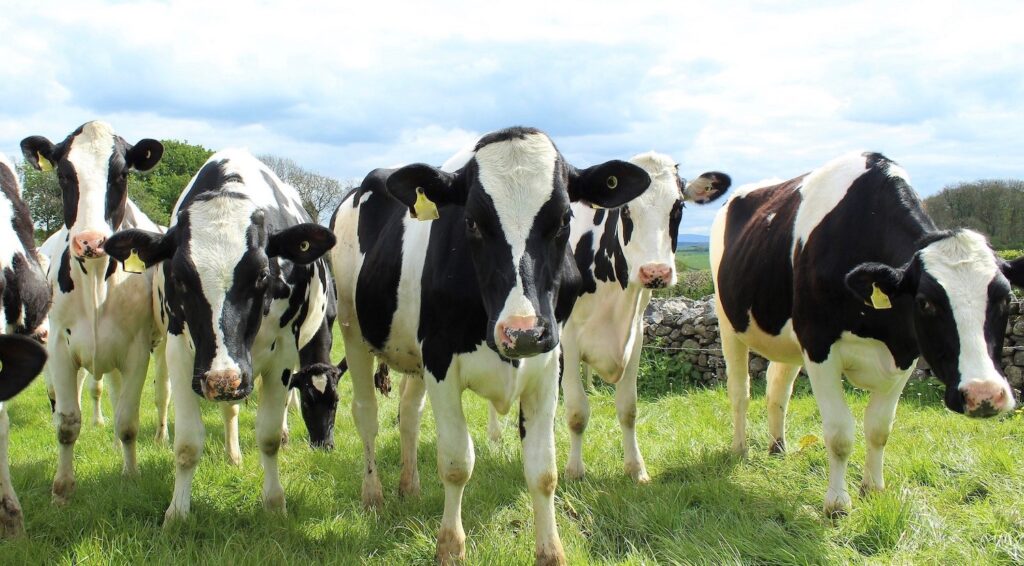Ammonia: Farmers urged to prepare for ‘significant changes’
24th February 2021
Grants are available to help farmers prepare for environmental permitting.
Farmers are being advised to prepare for significant changes when it comes to ammonia emissions, after farming minister Victoria Prentis announced plans to extend environmental permitting to dairy and intensive beef farms.
Speaking at Dairy-Tech Online, Ms Prentis said: “The EA will work with you to develop best available technique documents. Permitting can be a spur for innovation. We want to design a regulatory approach and work with you.”
Currently, 87 per cent of ammonia emissions come from agriculture, 23 per cent of which are from the dairy industry. Ammonia can have a significant impact on human health and the environment and as an air pollutant can form toxic particulates.
Philippa Mansfield, senior advisor at the Catchment Sensitive Farming Partnership said with Defra now looking at the targets for Clean Air, the industry should prepare for change.
“In the Clean Air Strategy, Defra has laid out what action agriculture needs to take to reduce ammonia emissions and there are some really significant changes the industry needs to prepare for.”
These include:
- Incorporating solid manures on cultivated land within 12 hours
- Low emissions spreading by 2025
- Cover slurry and digestate stores by 2027
- Design standards for livestock housing
- Extension of environmental permitting to dairy and intensive beef by 2025.
For the first time, air quality will become an objective in the Countryside Stewardship grants. This means that, subject to ministerial approval, there should be two new air quality options for livestock housing included in the latest round of Countryside Stewardship grants.
These include grants for:
- Automatic slurry scrapers – £2,760 per passageway
- Low ammonia emissions flooring – £72/m2. Products available can be used on slats and solid flooring to separate out urine and faeces, which when mixed release ammonia.
- Tree planting
- Covers for slurry and digestate stores.
These will be available through capital grants, mid and higher tier schemes with approval from a Catchment Sensitive Farming Officer.
Dr Mansfield added: “When you are applying for grants ask for support from your Catchment Sensitive Farming Officer at least six weeks before the closing date.”

